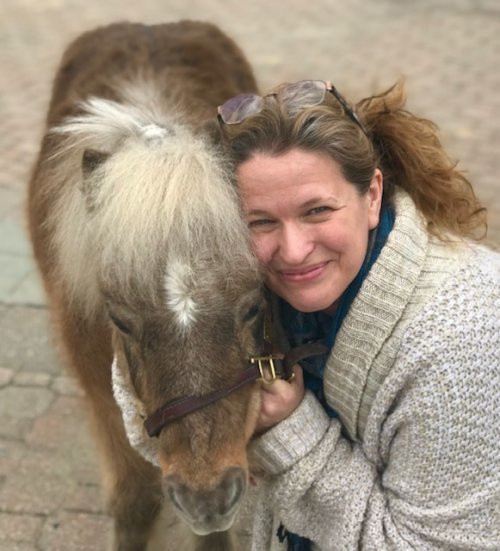Countdown to the Kentucky Derby - 131 days to go!

131 Days! 1888 Macbeth II won the Kentucky Derby on a day described as, "A more raw, cold disagreeable day can hardly be imagined than the opening day of the Louisville Jockey Club. It was cloudy, and a cold, raw wind blew directly across the track from the North; and as they have had no rain for the past fortnight or more, the dust blew in blinding clouds. The track had been watered on the homestretch which helped matters very much. The track was slow, and deep in dust except on the homestretch.” History of the Kentucky Derby, 1875-1921.
Macbeth II was bred in Kentucky by Rufus Lisle, a mule trader that also ran the Lexington Broadway Hotel, and was a founder of the Fayette National Bank. He was owned by Chicago Stable, a partnership of George Hankins and John Campbell (Campbell also was the trainer).Hankins would later buy out Campbell for sole ownership of the Stable for $10,000, which also included Macbeth II. The 17YO jockey, George Covington, had been under contract to Hankins for a year, earning $400 a month. The gelding would win once as a 2YO in his eight starts, that being the Kimball Stakes. At three, he prepped mainly in New Orleans and also raced in Nashville, winning the Gayoso Hotel Stakes and the Peabody Hotel Stakes, before heading to Louisville. Campbell didn’t come to Kentucky, leaving the horse in the charge of his assistant, Billy Angel. Angel believed the horse was exhausted from being raced too much, and gave the horse some rest. He quickly saw an improvement in the demeanor of Macbeth II.
A week before the Derby, he shipped to Lexington to run in the $1000 Distiller’s Stakes; a race that was brought about by Colonel James Beam, the founder of Jim Beam. He enlisted other local distillers to join and together they put up the money for the race. It wasn’t until almost 100 years later that a Bourbon company would again sponsor a race, with it again being Jim Beam, as they sponsored the Jim Beam Spiral at Turfway Park.
That initial Bourbon sponsored race produced a Derby champion, as Macbeth II would finish second. The bettors still weren’t overly impressed with him and he would go off at 6-1 as the 5th choice in a field of seven.
Despite the 40 degree weather and blistering wind, about 14,000 patrons still showed to see the race. The grandstand held about 10,000 of the racegoers, while at least 4,000 poured into the free infield. All of the stall space was filled to capacity, with the overflow being housed at Driving Park, a track that was vacated of trotters. “Macbeth II then passed through the gate and into the stretch, George Covington in the pigskin…” Courier-Journal.
After one false start, the 7 runners got off to a good start, and Macbeth II was placed in the middle to the back of the pack for most of the race. He was still in 5th place with 5/8 of a mile remaining. It was at that point that jockey George Covington would give Macbeth II his head and ask him to go, and the gelding put in a powerful move.
The favorite Gallifet was in the lead and being hard-ridden by jockey Andy McCarthy. Macbeth II would come too even terms with the driving duo, however, Covington had a fresh horse, and they would pass take the lead at the 1/8th pole by half a length, and kept extending the lead to a length or more at the finish.
They would take the race in a time of 2:38 1/4. Gallifet was so tired by the time they reached the finish that he quickly slowed to a walk. Andy McCarthy, who was aboard, rode the race with a fractured knee that he received from a kick at the start. The winning tandem returned to the judge’s stand to a loud ovation, and Covington was presented with a gold handled whip by Colonel J.H. Fenton of Chicago for his winning ride. He would also receive a $250 Swiss Army Watch from the owner, but had to buy a keg of beer that he had told a friend that was bugging him in the paddock before the race he would do if they won.
Macbeth II would become the first horse to win the Derby that raced under a stable name. He was also the 3rd gelding to win, behind Vagrant and Apollo, and the last until 1914 when the champion Old Rosebud would win in a track record performance. Macbeth II won 8 stakes while running through his 8YO season. He started 106 times in his career with a record of 25-21-14, the most starts of any Derby winner until Donau, the 1910 victor, started 111 times from 2-5.



